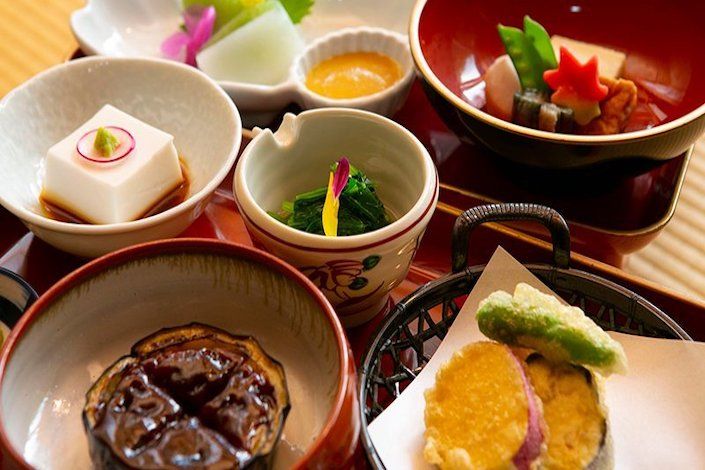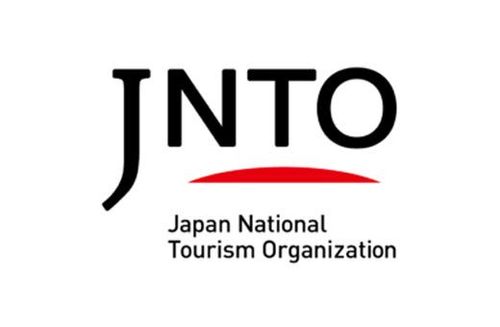Where travel agents earn, learn and save!
News / Japan Creates Foodie-, Diet-Centric Guides for Visitors
Japan Tourism Agency in 2019 revealed that eating Japanese food was the activity most overseas travelers looked forward to.

Before the outbreak of the COVID-19 pandemic, the total number of overseas visitors to Japan set an annual record of 31.9 million in 2019—the eighth straight year of growth. To help revive this positive trend as global travel resumes, the Japan National Tourism Organization (JNTO) is promoting the concept of “Universal Tourism,” part of a policy encouraging all visitors—regardless of nationality, race, ethnicity, religion, age, gender or impairment—to visit Japan and enjoy a secure and comfortable stay.
Japan’s hospitality sector is also planning to welcome international tourists with diverse dietary requirements, including vegetarians and vegans, and those with food allergies.
A survey by the Japan Tourism Agency in 2019 revealed that eating Japanese food was the activity most overseas travelers looked forward to when visiting the country for the first time, with almost 70 percent choosing it (with multiple answers permitted). The latest Michelin Guide shows that Tokyo has the highest number of Michelin-starred restaurants in the world.
To help visitors enjoy safe and delightful culinary experiences, JNTO is providing information on these for overseas tourists and tour operators, including restaurant search facilities. This includes "A Vegetarian and Vegan Guide to Japan," as well as brochures featuring local vegetarian restaurants. While vegetarian-specialty websites such as Happy Cow and Vegewel introduce local eating spots, other sites such as Google Maps, TripAdvisor and Facebook groups offer useful tips for those conducting pre-trip searches.
The concept of universal tourism also makes allowances for those with food allergies. An increasing number of restaurants, hotels and airlines provide special menus. Local tourist bureaus and associations are also offering seminars for the tourism and hospitality sectors in a bid to encourage them to improve service levels for visitors with diverse dietary needs. These initiatives are also being encouraged by the government.
Demand for vegetarian and vegan food in Japan has risen in recent years in line with the increase in the number and diversity of overseas visitors, and the growing trend of more health-conscious lifestyles. Soybean-based meat substitutes, non-dairy milk products and gluten-free fare are becoming more widely available at regular stores across Japan. Products with third-party certifications are now available, which is helping people with food sensitivities or allergies to make appropriate choices.
There is, however, a range of vegetarian and vegan philosophies, as well as ambiguities in the definition of some food allergies, and it is therefore necessary for overseas tourists to clearly communicate to service providers what they can and cannot eat. For instance, soy, fish and shellfish are common Japanese seasonings and are often not visible in presented dishes or included in menu descriptions. Visitors are, therefore, recommended to consult with meal providers or restaurants beforehand.
With Japan welcoming an increasing number of overseas visitors in recent years, it is not only food outlets in large cities that are responding to more diverse dietary requirements; those in local regions are also adapting—with more and more information being provided online. The government and the hospitality sector are working together to ensure that all visitors can enjoy their stay in Japan and experience the tangible and intangible cultural assets of each region. Many more restaurants now provide English menus, and advanced translation tools help visitors communicate with the locals more easily.
Anticipating a recovery in the number of overseas tourists to the country in the post-pandemic phase, Japan is moving fast to accommodate diversity and inclusion in its tourism sector.
For more information, visit www.jnto.go.jp.











